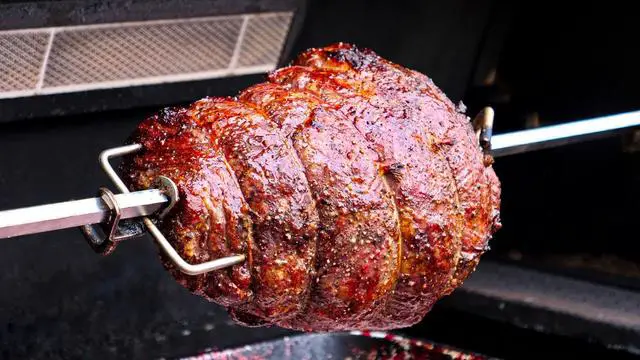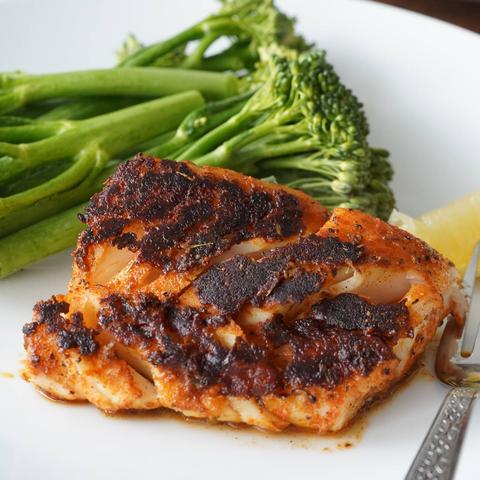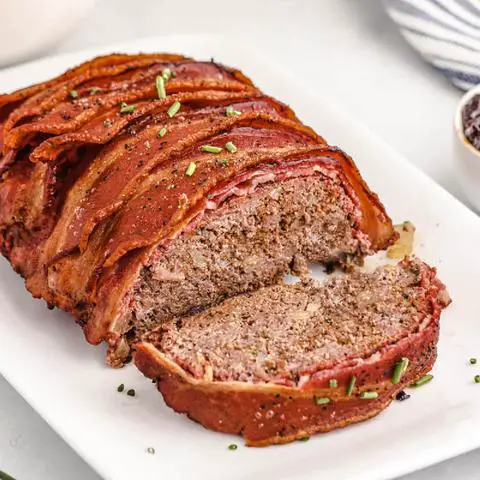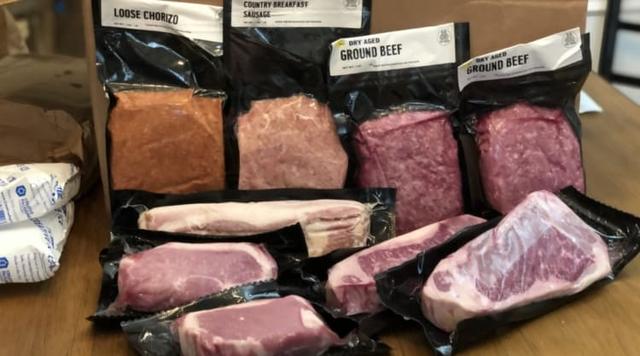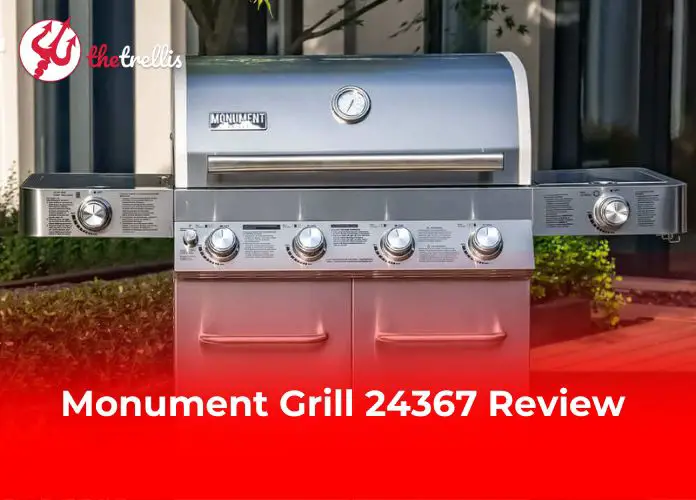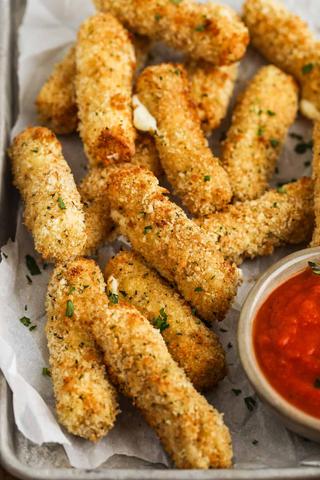
“Discover the Quick and Easy Way to Thaw Your Brisket! Learn the Best Techniques and Timelines for Thawing a Brisket, ensuring Perfectly Tender Meat in No Time. Get Expert Tips and Tricks Today!”
How to Defrost Brisket: 2 Practical Ways
Defrosting brisket in the refrigerator is the preferred method as it allows for a controlled thawing process, reducing the risk of food-borne illness. Place the frozen cryovaced package of brisket in the refrigerator, ensuring that the temperature is between 35-40°F. Depending on the size of the brisket, it may take anywhere from 24 to 72 hours for it to completely defrost.

If you are pressed for time, you can also defrost brisket in your sink or a bowl of cold water. Clean your sink and block the drain before placing the frozen brisket, still in its cryovac packaging, into the sink. Fill the sink with cold water until the brisket is submerged and place a bowl on top of it to prevent floating. Every 30 minutes, drain and refill the water to keep the brisket as cold as possible.
How to Defrost or Thaw Brisket
When it comes to defrosting or thawing brisket, there are two practical methods you can use. The first and recommended option is to defrost the brisket in the refrigerator. This method ensures controlled and safe thawing, reducing the risk of food-borne illness. Depending on the size of the brisket, it may take anywhere from 24 to 72 hours for it to completely defrost in the refrigerator.
The second method is thawing in a cold sink or a bowl of water. This option is best if you’re pressed for time and need to speed up the thawing process. To thaw in a sink, clean it thoroughly and block the drain. Keep the brisket in its cryovac packaging to minimize contact with external environment and prevent water absorption. Submerge the brisket in cold water, using a bowl on top if necessary to keep it from floating. Drain and refill the sink every 30 minutes to maintain a cold temperature.
1. Defrosting Brisket in the Refrigerator
Defrosting brisket in the refrigerator is the safest and most recommended method. Simply place the frozen cryovaced package of brisket in your refrigerator and allow it to thaw slowly. The size of the brisket will determine the time needed for complete defrosting, which can range from 24 to 72 hours.
It is important to note that your refrigerator should be set at a temperature between 35-40°F for optimal defrosting. This method allows for controlled thawing and helps eliminate the potential for food-borne illnesses.
If you are pressed for time, you can thaw brisket in a cold sink or a bowl of water. Clean your sink thoroughly and block the drain before placing the frozen brisket, still in its cryovac packaging, into the sink. Fill the sink with cold water until the brisket is completely submerged.
To maintain optimal temperature, it is recommended to drain and refill the water every 30 minutes. This method allows for faster thawing than using only the refrigerator but requires more attention to ensure that proper temperature is maintained throughout.
2. Thawing Brisket in a Cold Sink (or Bowl of Water)
Thawing brisket in a cold sink or bowl of water is a convenient option if you’re pressed for time. Start by cleaning your sink and blocking the drain to prevent any contamination. Leave the brisket in its cryovac packaging to minimize contact with the external environment and prevent water absorption. Place the frozen brisket in the sink and fill it with cold water until the meat is fully submerged.
To keep the brisket as cold as possible, periodically drain the water and refill every 30 minutes. This will ensure that the brisket remains at a safe temperature during thawing. Using a probe thermometer, monitor the temperature to ensure it stays around 50-53°F.
Note that thawing brisket in a microwave is not recommended due to its size and potential loss of quality. However, cooking frozen brisket is technically possible but will require longer cooking times and may affect certain aspects such as trimming and rub adhesion.
3. Thawing Brisket in the Microwave?
Thawing brisket in the microwave is not the preferred method, but it can be done if you’re pressed for time. However, it is important to note that this method is dependent on the size and type of brisket you have. A full packer brisket may not fit in most microwaves, while a smaller brisket flat might.
If your microwave has a defrost function, use it by inputting the weight of the meat. This will set a specific timer for thawing based on the weight. If your microwave does not have a defrost function, you can adjust its power to around 20-30% and thaw for approximately 8-10 minutes per pound.
It’s crucial to start cooking the brisket as soon as possible after thawing in the microwave, as food thawed in this method cannot be refrozen. While it is technically possible to cook brisket from a frozen state, it will take longer to cook and may result in difficulties with trimming and getting rub ingredients to stick.

Do You Need to Thaw Brisket Before Smoking?
When it comes to smoking a brisket, the question of whether to thaw it beforehand often arises. While it is technically possible to cook a frozen brisket, there are some factors to consider. One downside is that cooking from frozen will increase the overall cooking time. Additionally, you may have difficulty trimming the meat and getting rub ingredients to stick properly. However, some experienced barbecue enthusiasts have reported successful cooks with frozen briskets.
If you do choose to smoke a frozen brisket, keep in mind that the longer cooking time allows for more smoke interaction and may result in a more flavorful end product. It is important to note that food safety guidelines should still be followed when smoking any meat, whether frozen or thawed.
In conclusion, the time it takes to thaw a brisket depends on its size and the chosen thawing method. While refrigeration may take 24-48 hours, cold water submersion can significantly reduce thawing time to 2-4 hours. It is crucial to follow safe food handling practices to ensure that the brisket thaws evenly and remains safe for consumption.
N/A
Learn More About Grilling
If you want to learn more about grilling, check out these other helpful resources!

